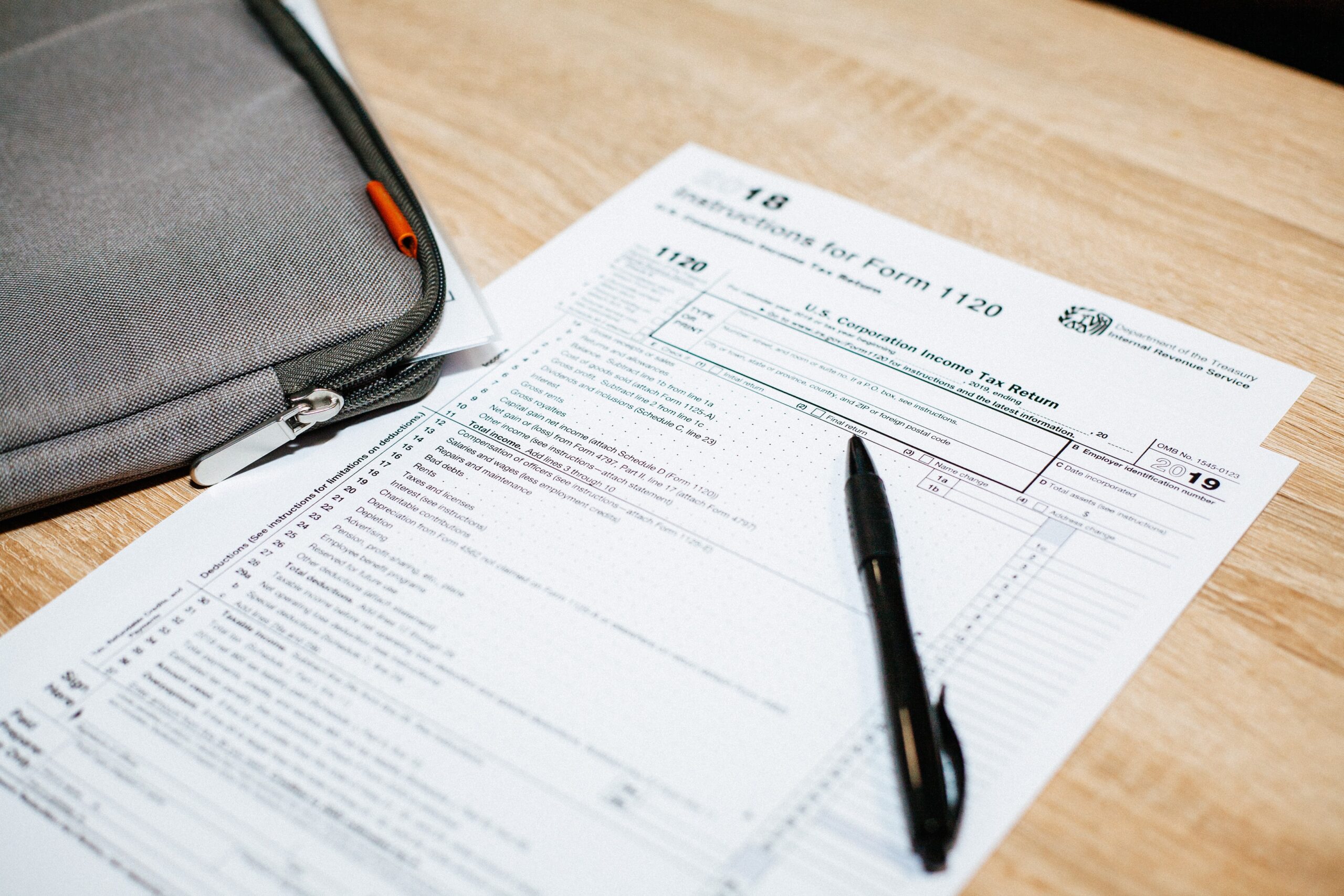International tax rules could be updated for the first time in a generation as U.S. Treasury Secretary Janet Yellen throws the weight of the U.S. Government behind plans to introduce a new global corporate minimum tax rate.
She announced on Monday that she is in discussions with other G20 countries to agree on a global minimum. Yellen was quoted as saying – “this could help end a 30-year race to the bottom on corporate tax rates.”
This article breaks down what the global minimum tax is, how much it is likely to be, and when it is likely to be initiated.
How would a minimum tax rate work?
If it comes into effect, the global minimum tax rate will be designed to stop the advantages gleaned from shifting profits to tax havens. In essence, countries can still set their own levels of corporate tax, but if a company pays a lower rate in a particular country, that country can adjust the tax rate upwards to the agreed minimum rate.
The Organization for Economic Co-operation and Development (OECD) said recently that governments had already agreed on a basic framework for the tax system, but the rate is yet to be agreed upon. Tax experts have said that this is the potential sticking point.
What is the minimum rate likely to be?
This is where it is going to get sticky. The U.S. is wanting to push its domestic corporate tax rate to 28% and wants the global minimum to be set at 21%. The current Global Intangible Low-taxed Income mechanism that the minimum tax would replace, ranges from 10.5% and 13.125%.
Previous OECD discussions on the matter had looked at a tax rate of 12.5%. This is far below what America is pushing for, and the 21% America is asking for is likely to be argued vehemently against from countries such as Ireland. Much of Irish economic success is based on the influx of investments from overseas multinationals aiming to take advantage of their 12.5% corporate tax rate.
Ireland has a history of defending this tax. They have resisted European Union pressures for years to increase the rate. It is unlikely that they will cede this tax rate row without a bitter fight.
Where are the international tax talks?
These have been ongoing for years. The Paris-based OECD has been coordinating the negotiations which are focused on two key areas.
1. Setting regulations for cross-border taxing of digital services
2. Curbing tax base erosion
The latter is what covers the global minimum tax rates. The talks have involved over 140 countries, and the G20 hopes that a consensus is reached on both fronts by the middle of this year. It is more likely that agreement on a global minimum tax is achieved within this timescale, as the matter is less contentious than the thorny area of taxing cross-border digital services.
The OECD estimates that the overall cost to corporations of both these taxes would fall somewhere between $50 billion to $80 billion annually, with the vast majority coming from the global minimum tax.



